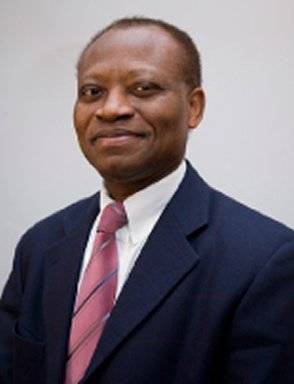Professor Augustine Fosu of the Institute of Statistics, Social and Economic Research (ISSER) on Thursday said the Single Spine Salary Structure (SSSS) was a major headache to the economy.
He said the introduction of the SSSS raised government's wage bill from nearly 30 percent to about 70 percent without government’s consideration of how other sectors such as infrastructure, water, electricity would be funded. He, therefore, called on government to consider alternative ways to fund the other sectors of the economy and demand increased productivity commensurate with the salaries.
Prof. Fosu said this at a workshop organized by the Economy of Ghana Network (EGN) hosted by ISSER on the theme: "Macroeconomic Reforms in Ghana's Economic Development since the 1980's. He said: "If the wage bill alone takes about 70 percent what happens in the other sector," adding the wage bill seemed to be crowding out other important areas.
Prof Fosu, however, said Ghana's economy was better as compared to the country's economy in the 1960s. He noted that industrial production and the Gross Domestic Product had increased and lauded Ghana for opting for the Washington Consensus of economic reforms in the 1980s.
"The Liberal reforms instituted in the early 1980s have succeeded in positively changing the historical direction of the Ghanaian economy. Economic growth has risen substantially and so has income, supported initially by productivity increased and later by strong capital formation."
Prof Fosu, however, said greater structural change was required and the country needed to gradually wean itself off international support for its domestic and external deficits. He said Ghana’s high debt meant that there was a potential debt problem, adding, however, that there was nothing wrong with high debt if the monies were used for infrastructural development and in other essential sectors.
Prof Fosu said although macro-economic policies had helped the country it had also led to increasing inequality. He urged government to work on getting a reliable power supply, de-congesting the roads and the ports as well as improving the water supply while de-congesting the telecommunication sector.
Dr Yaw Asante, Former Director, Economic Policy Management Programme, at the University of Ghana said some countries, including South Korea, did not pursue the Washington Consensus but were better off than Ghana.
Dr Joseph Kwadwo Asenso, who talked about Macroeconomics Challenges and Prospects in the Medium Term, said the re-based Consumer Price Index (CPI) could pose serious challenges to the attainment of single-digit inflation in an era of petroleum and utilities deregulation.
A Consumer Price Index measures changes in the price levels of a market basket of consumer goods and services purchase by households "High unemployment rate, emerging pressures from the labour front for higher salaries against the backdrop of relatively low revenue generation, the falling commodity prices and the threat to domestic productivity pose challenges to the economy," he said.
He, however, said growth prospects were good with the expected debit production of gas in the second half of 2014 and cautioned government to put in measures to forestall budget overruns.
Business News of Friday, 11 October 2013
Source: GNA
‘Single Spine Salary is the headache to Ghana's economy’

















